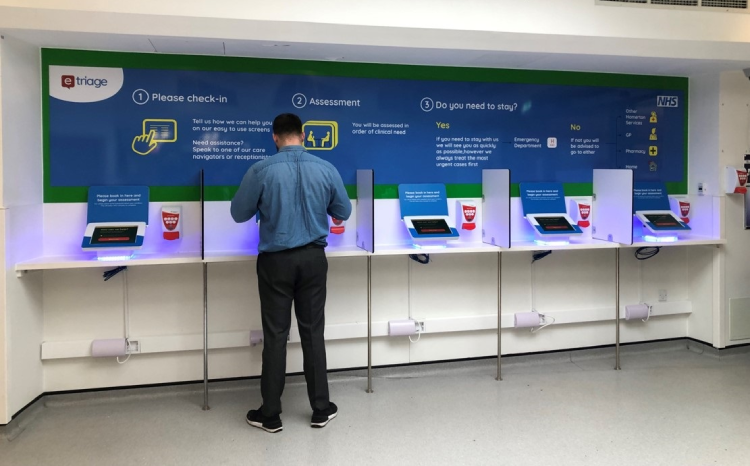GP systems need to improve safety features, says NPSA
- 17 May 2004
The safety features of computing systems currently in use in about three quarters of UK general practices have clinically important deficiencies, according to research funded by the National Patient Safety Agency (NPSA).
Researchers writing in the British Medical Journal say that all four of the systems tested may fail to signal a warning when a GP user might expect one, thus potentially creating a health hazard to patients.
The NPSA said that it was now working with the National Programme for IT, which will regulate the use of general practice computer systems to determine how best to act in light of the research.
The study used expert help to arrive at 18 potentially hazardous scenarios including: an aspirin prescription for an eight year old, penicillin being prescribed for a patient with penicillin allergy and a combined oral contraceptive for a patient with a history of deep vein thrombosis.
Using dummy patient records, the scenarios were tested out on the four main systems used in UK primary care. Appropriate alerts for the 18 scenarios were missed by all of the systems, most of the time. The best score was achieved by a system that flagged up seven appropriate alerts; two sent out four appropriate alerts and one managed only three appropriate alerts.
Evaluators say they compared findings and an agreed mechanism was available for resolving disagreements. To ensure that there were no technical set-up problems that could have accounted for the observed failures, the problems identified were reported to the manufacturers and their comments were invited.
They add that no discrepancies in assessing the safety of the systems were produced and each of the four suppliers agreed with their assessments.
Tony Avery, professor of primary health care at Nottingham University, who led the project, said “It should be remembered that GP computer systems have many positive features and this proactive study has highlighted a very specific area for improvement.
The four main systems suppliers in the not only agreed to help with the study but are also now working with the NPSA to improve the systems. This is a really positive example of industry and the NHS working hand-in-hand to make healthcare safer for patients.”
The paper was published in a special issue of the BMJ devoted to computer use in healthcare. The journal is organising an experimental webchat at 11 am UK time (British Summer Time) on Thursday 20 May. Anyone wanting to take part should go to http://quest.bmj.com/chat a few minutes before it starts to register and read the rules.




